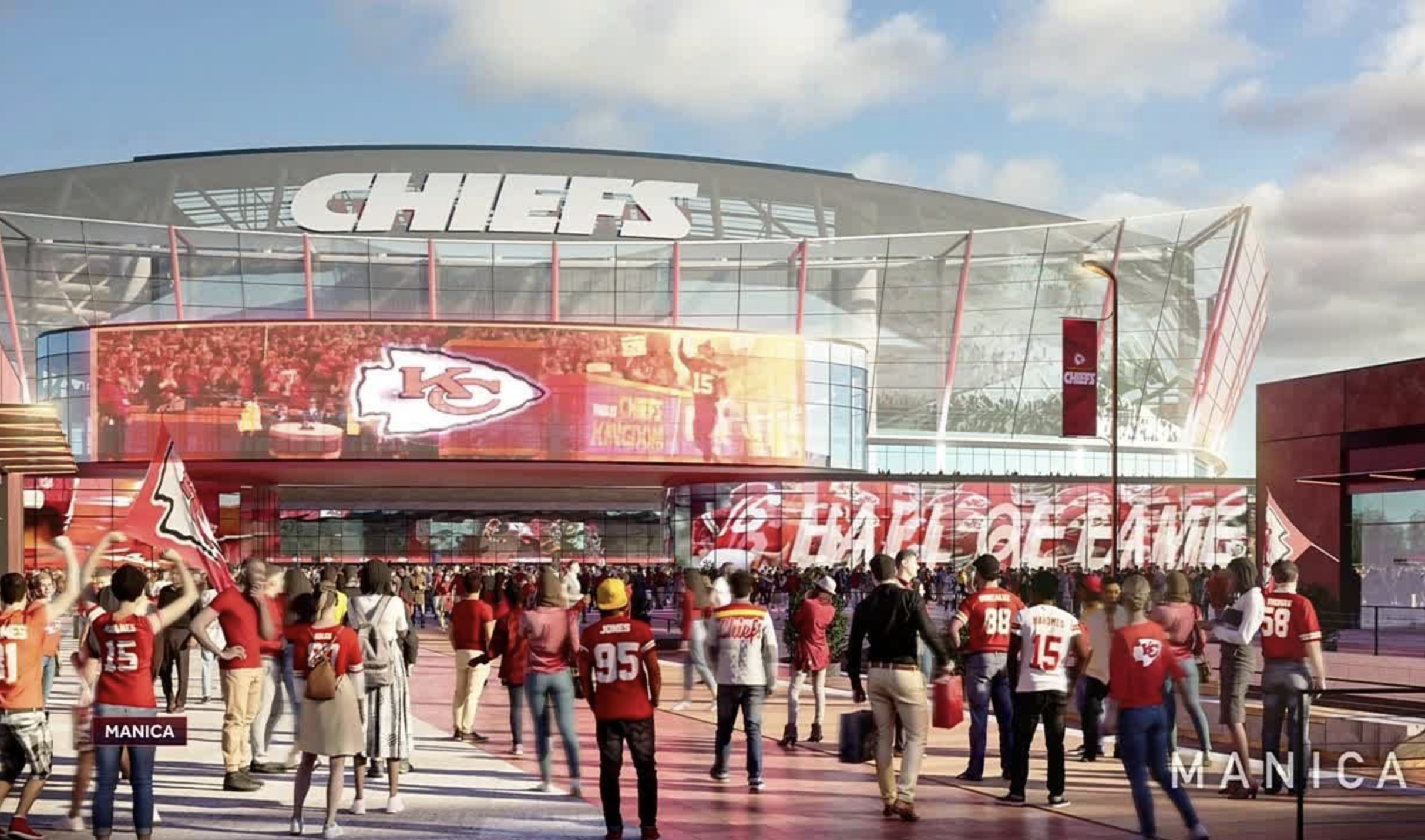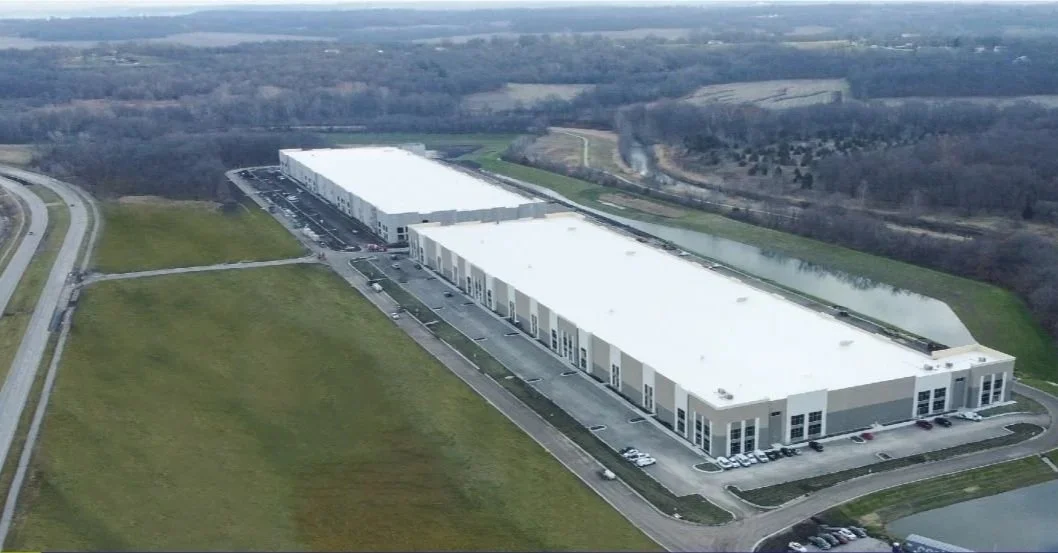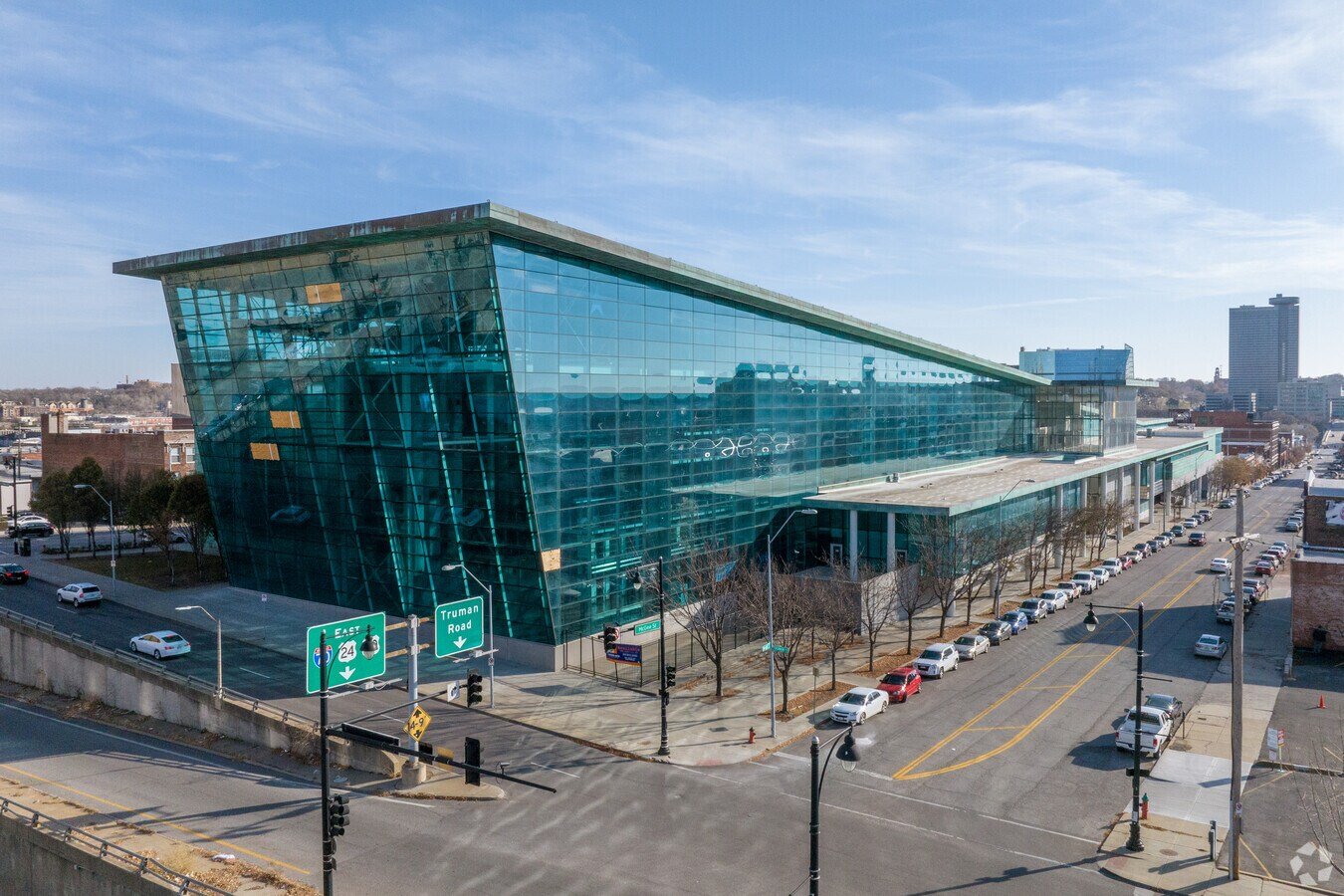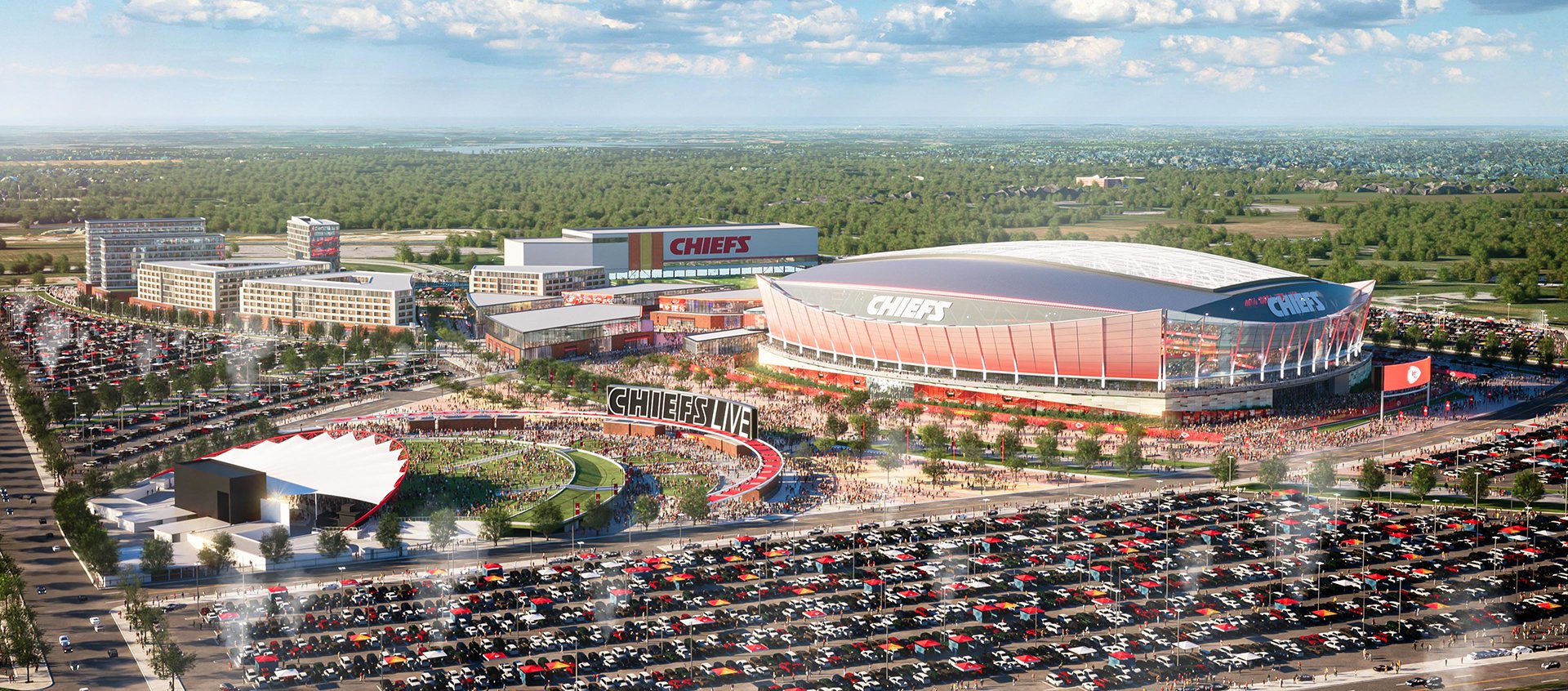Construction continues on the KC Streetcar Riverfront Extension, a 0.7-mile addition that will connect the Downtown Main Street starter-line to the Berkley Riverfront, enhancing accessibility and catalyzing future development along the riverfront corridor.
The extension begins at 3rd Street and Grand Boulevard in the River Market, crosses the Grand Boulevard Bridge, and ends near the midpoint of Berkley Riverfront. The project aims to provide seamless transit between downtown and the burgeoning mixed-use district, while also improving multi-modal infrastructure.
Next week’s construction activity will focus on sidewalk, curb, and roadway work along 2nd Street.
A portion of the street will remain closed, and traffic adjustments will affect drivers in the area. Northbound traffic on Grand Boulevard will not be able to turn left onto westbound 2nd Street, while eastbound traffic on 2nd Street will not have access to Grand. Motorists are encouraged to use 3rd Street for alternate access.
Work will also continue on the future two-way cycle track along Grand Boulevard between 2nd and 3rd Streets—supporting enhanced bike and pedestrian connectivity. Crews are grading and placing rock at the new Traction Power Substation (TPSS) beneath the bridge and installing brackets on the Overhead Catenary System (OCS) poles.
Sidewalk improvements are also ongoing throughout the Berkley Riverfront area, reflecting the city’s broader vision for a connected, walkable waterfront.
Once complete, the extension is expected to bolster access to residential, recreational, and commercial destinations at the riverfront and reinforce downtown’s position as a multimodal transit hub.
The KC Streetcar Riverfront Extension is a key component of Kansas City’s ongoing infrastructure and mobility investment strategy, drawing interest from real estate developers and civic leaders alike.







